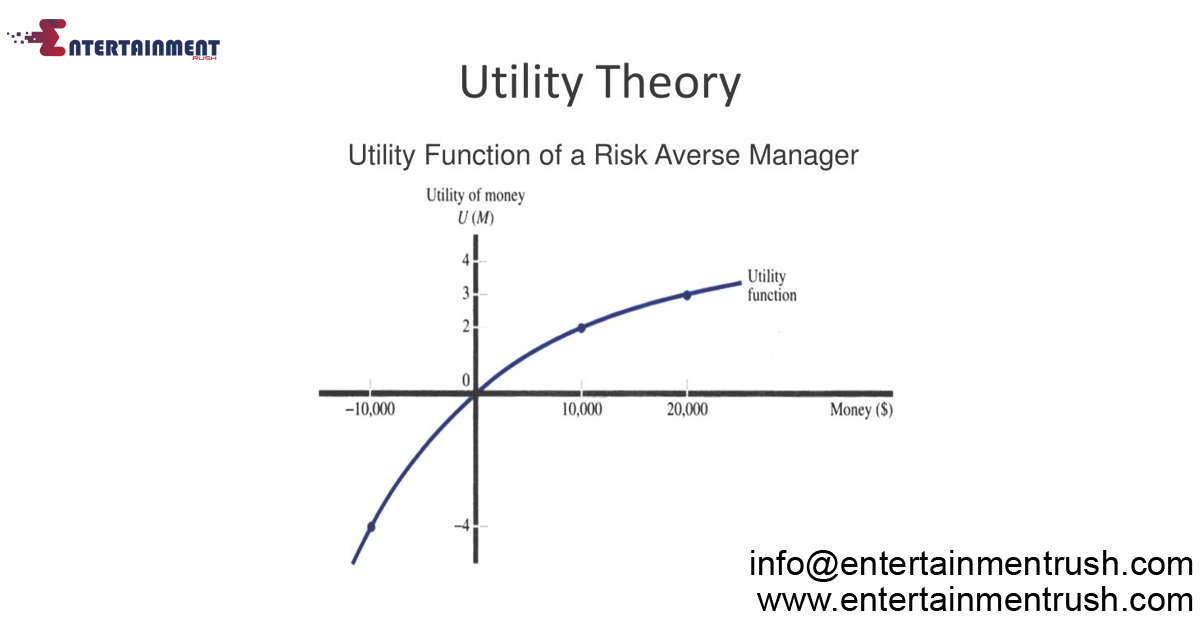Utility theory is a foundational concept in economics that explores how individuals make decisions based on maximizing their satisfaction or “utility” from consuming goods and services. This theory underpins much of modern economic analysis and has significant implications for understanding consumer behavior within the complex economic landscape of the United States.
Understanding Utility and Consumer Choice
At its core, utility theory posits that individuals aim to maximize their overall satisfaction or well-being when making consumption choices. This satisfaction, termed utility, is subjective and varies across individuals and circumstances. According to utility theory, consumers make rational decisions by weighing the benefits and costs of consuming different goods and services to achieve the highest level of utility possible given their budget constraints.
Marginal Utility and Diminishing Returns
Central to utility theory is the concept of marginal utility, which refers to the additional satisfaction or benefit derived from consuming one more unit of a good or service. The law of diminishing marginal utility states that as a consumer consumes more of a particular good, the additional satisfaction gained from each additional unit diminishes. This principle explains why consumers tend to allocate their resources across different goods and services to maximize their overall utility.
Applications of Utility Theory in the United States
In the context of the United States, utility theory has broad applications across various economic sectors. For instance, it helps explain consumer preferences and demand patterns for different products and services in markets ranging from automobiles and electronics to healthcare and entertainment. By analyzing how changes in prices and incomes impact consumer choices, economists and policymakers can predict market behaviors and make informed decisions.
Utility Theory and Public Policy
Utility theory also plays a critical role in shaping public policy decisions related to taxation, social welfare programs, and regulations. Policymakers often use concepts from utility theory to assess the distributional impacts of policies on different segments of society and to design interventions that maximize overall societal welfare. For example, progressive taxation systems are partly based on the principle of diminishing marginal utility, where higher-income individuals derive less additional satisfaction from each dollar earned compared to lower-income individuals.
Challenges and Critiques of Utility Theory
Despite its widespread use, utility theory has faced critiques and challenges. One prominent criticism is its reliance on the assumption of rational decision-making, which may not always align with actual human behavior characterized by cognitive biases and bounded rationality. Additionally, utility theory can be limited in capturing non-material aspects of human well-being, such as social relationships and psychological factors, which are increasingly recognized as essential components of utility and happiness.
Future Directions and Evolutions
Looking ahead, utility theory continues to evolve with advancements in behavioral economics and interdisciplinary research. Integrating insights from psychology and sociology, researchers are exploring more nuanced models of utility that had better reflect the complexities of human decision-making and well-being. By refining our understanding of utility theory, economists can contribute to more effective policies and strategies that enhance overall welfare and quality of life in the United States and beyond.
Insights from Utility Theory
In conclusion, analyzing utility theory provides valuable insights into consumer behavior, market dynamics, and public policy implications within the United States. By understanding how individuals maximize satisfaction and make consumption choices, economists can inform policymaking, optimize resource allocation, and promote economic well-being. While utility theory has its limitations and challenges, ongoing research and interdisciplinary collaboration promise to enrich our understanding of human preferences and behaviors, ultimately shaping a more equitable and efficient economy for all.
